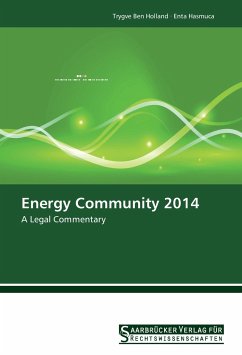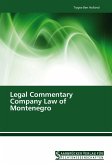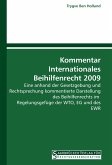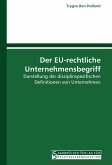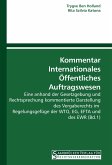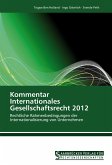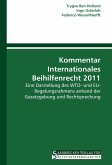The Treaty establishing the Energy Community between the EU and cer-tain States of South and East Europe entered into force and effect on 1 July 2006. Aiming at creating a Single Energy Market, based on the ex-tension of the EU acquis communautaire to States associated with the EU, the Energy Treaty enables and facilitates cross-border co-operation between the Treaty's signatories and acceding States. The Energy Com-munity is in principle considered a successful but non-comprehensive approach to interlink the energy supply in Europe. In the light of current events in the Ukraine, energy - once again - became the focal point of EU's external policy and relations. The Energy Community Treaty is cur-rently subject to revision. Present Commentary on the Energy Communi-ty Treaty explains the substantive, organisational, institutional and pro-cedural norms of the Treaty against the background of EU primary and secondary legislation in the context of decisions of the Energy Com-munity and case law along with proposals on amendments. The text re-flects the legal status as of 1 June 2014.

